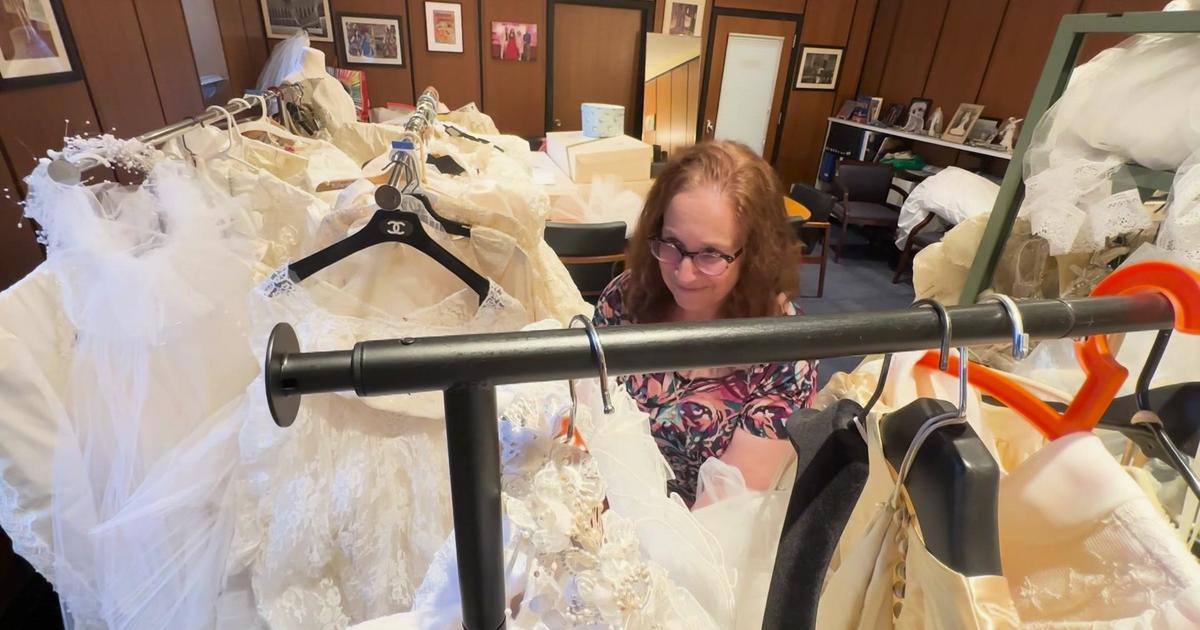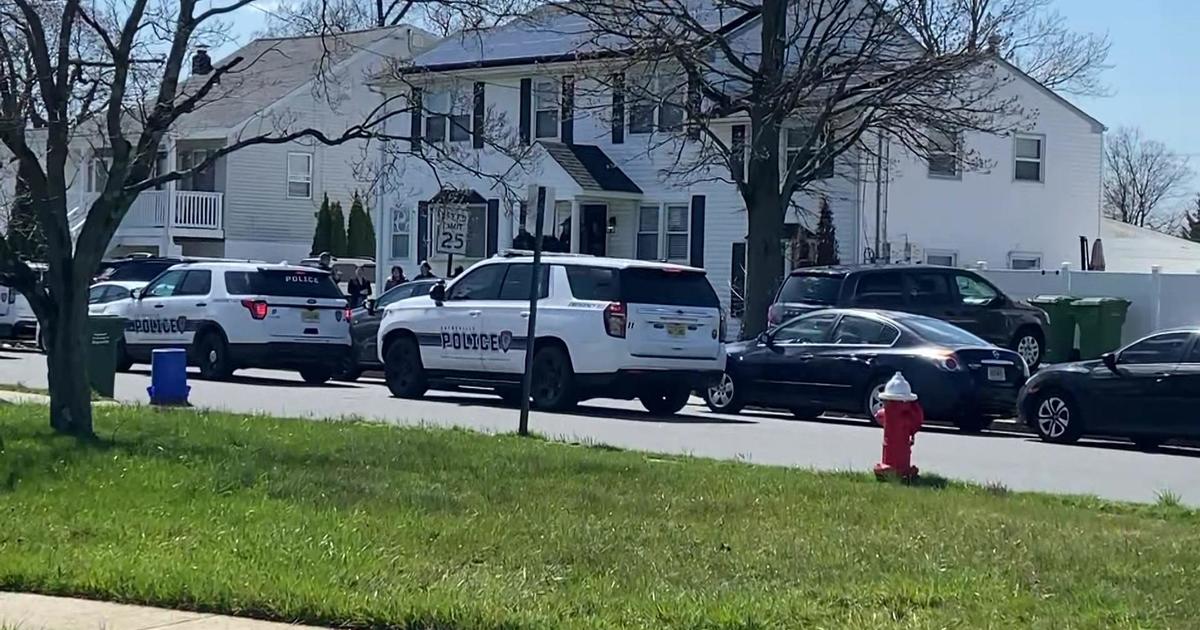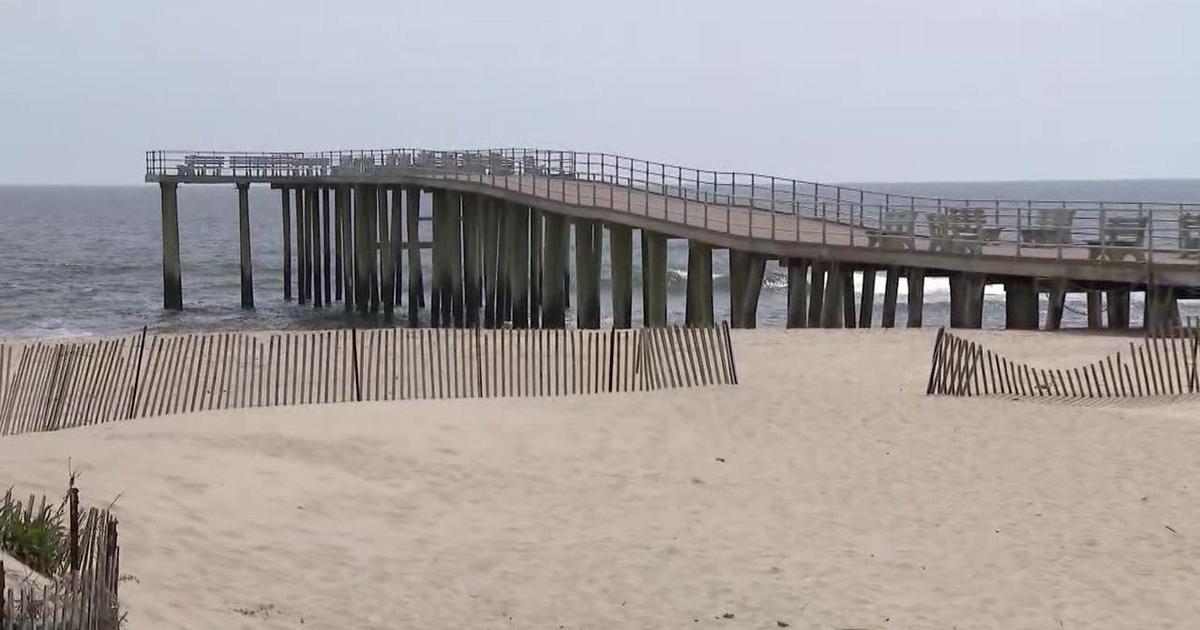New Jersey Sees Sharp Spike In Homicides
NEWARK, N.J. (AP) -- Homicides rose by 15 percent in New Jersey last year, marking the first time in four years that the state saw an annual increase in slayings, according to a newspaper's survey of county prosecutor's offices.
The review by The Star-Ledger of Newark found most of New Jersey's homicides were related to disputes over narcotics or gang territory, according to Paul Loriquet, spokesman for state Attorney General Paula Dow. He said it would be hard to pinpoint a reason for the spike.
"The exact cause of changes in crime rates, including homicides, are complex and multifaceted," he said. "You're seeing it differ from one location to another."
Law enforcement officials around the state said several factors -- the increased presence of street gangs in New Jersey, the stagnant economy and a statewide jump in nonfatal shootings could have served as catalysts for the increase.
There were 364 homicides in New Jersey last year, according to the survey, compared with 320 in 2009. The last time the state saw an annual hike in homicides was 2006, when 427 people were killed, according to statistics.
Homicides rose in 12 of the state's 21 counties last year, according to the survey, and in several of the state's largest cities, including Newark, Elizabeth and Camden.
Union County had the largest spike, with 27 last year, compared with 10 in 2009, and Elizabeth had the biggest increase of any city.
Prosecutor Theodore Romankow said disputes and turf wars among the county's many street gangs drove Union's increase. He said 75 percent of the county's killings were gang-related last year.
"It's jumped dramatically. I can't speak for other counties, but the gangs here have been loading themselves up with guns and they're out now killing each other," he said.
Romankow said street gangs are gaining a stronger foothold in New Jersey's urban centers, which could cause homicides to trend up.
"Anyone who suggests that our gang problem isn't growing is naive," he said. "The reality is they are growing, and they are fast becoming the main supplier of drugs and guns throughout the state. They're the ones who are primarily doing the shootings."
Newark and Camden, historically two of the state's deadliest cities, both saw homicides increase last year.
Killings rose in Newark for the second year in a row with 85 in 2010, according to the survey, the most of any city in New Jersey.
There were 80 homicides in 2009. Slayings surged during the second half of last year, starting with Newark's bloodiest summer since 1990.
Newark Police Director Garry McCarthy said the department suffered a tumultuous year that included laying off 167 officers, scathing allegations of misconduct from the American Civil Liberties Union and bickering between unions and police brass.
"It really started the whole second half of the year, and that's clearly when we started talking about layoffs and demotions and everybody was having morale issues," he said. "All of that stuff affects the performance of the police department, and when we don't perform well, people get hurt."
Camden suffered 36 homicides last year, a small rise from 34 in 2009, according to the survey. Camden County had the second-largest jump in killings in the state with 48 last year, compared with 40 in 2009.
Lt. Frank Falco, head of the Camden prosecutor's homicide unit, said poverty, drug disputes and infighting among the Bloods -- Camden's most powerful street gang -- drove city homicides in 2010.
"Anytime there's poverty there's going to be violence," he said. "Poverty supports the drug game."
McCarthy said nonfatal shootings lead to retaliation. Law enforcement leaders are concerned about increased gunfire in the state.
"Every shooting is a potential homicide," said Atlantic County Prosecutor Theodore Housel, adding that Atlantic City saw a "dramatic increase" in shootings during a series of drug-turf disputes last summer. Nearly half of the city's homicides occurred during that time, according to the survey.
Anthony Ambrose, the Essex County prosecutor's chief of detectives, said law enforcement agencies must come together despite police cutbacks to reduce homicides this year.
"Everybody needs to take ownership of their problems. We can't talk about when we had more cops, more people," he said. "We can't play the blame game."
(Copyright 2010 The Associated Press. All Rights Reserved. This material may not be published, broadcast, rewritten or redistributed.)



